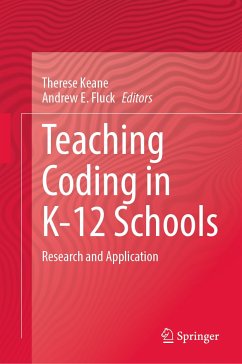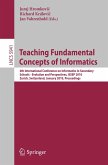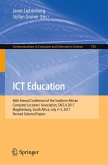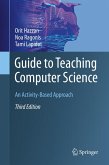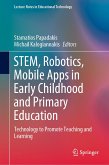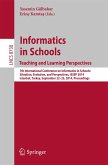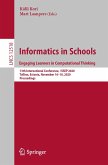Teaching coding to students in K-12 has been a skillset that has been debated across educational jurisdictions globally for some time. The book provides examples of schools that are teaching coding to students in engaging and relevant ways, delivering well thought out compulsory curriculums. Additionally, it provides examples of schools where coding is not mandated in the curriculum and is taught in an ad-hoc manner. Through the full discussion of all of these varied examples, the book presents both sides of the serious and ongoing debate in the field as to whether coding should be taught in an explicitway at all . The increasing school of thought that teaching coding is a skill that is already obsolete, and the focus should be on computational thinking is completely examined and presented. In this book, both sides of the argument, as well as the specific, meticulous research underlying each side, are given equal weight. The debate is a serious one and requires a clearly defined thematic response with evidence on all sides of the argument presented rationally. This book does just that. Created by carefully selected authors from around the world, it will be a highly studied research reference.
Dieser Download kann aus rechtlichen Gründen nur mit Rechnungsadresse in A, B, BG, CY, CZ, D, DK, EW, E, FIN, F, GR, HR, H, IRL, I, LT, L, LR, M, NL, PL, P, R, S, SLO, SK ausgeliefert werden.

